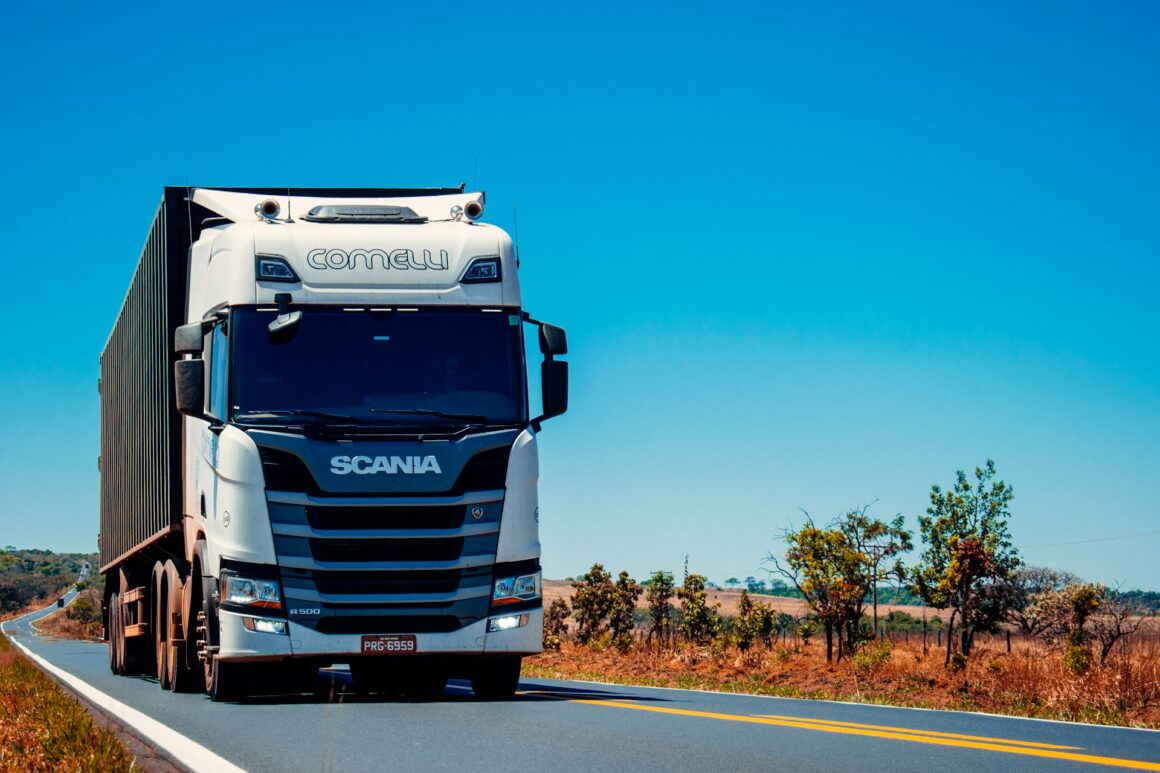After a road accident involving a commercial trucking company, emotions can run high. However, before plunging into a legal battle, it’s crucial to pause and consider various factors that can significantly impact the outcome of your case.
According to Statista, the total revenue of the US trucking industry was around $875.5 billion in 2021. With time, this revenue and the trucking market itself have grown. Unfortunately, the growth of this market has also led to an increase in truck accidents and subsequent truck accident claims.
According to Forbes, 2021 saw a staggering 523,796 large truck accidents reported throughout the US. A lot of those truck accident cases went to court, as many trucking companies operating those vehicles were sued.
That being said, using a commercial trucking company is a complex process fraught with challenges, and being well-prepared is essential. Here are some of the most critical things to remember before taking such legal action.
#1 Establishing Liability Requires Evidence
One of the foundational elements of a successful lawsuit against a commercial trucking company is establishing liability. This entails proving that the trucking company or its driver was at fault for the accident.
However, this burden of proof is not easily met. Gathering compelling evidence is essential. Without sufficient evidence, your case may falter, emphasizing the importance of thorough documentation and investigation.
#2 Understanding State and Federal Regulations
Commercial trucking companies must adhere to a complex array of state and federal regulations that dictate their operations. These regulations cover various aspects, including driver qualifications, vehicle upkeep, hours of operation, and cargo safety.
For instance, KSDK recently reported that a truck accident in St. Louis injured one person. When a St. Louis trucking accident lawyer takes over this case, they can dive into the company’s profile to check out its licenses. They can then use their expertise and knowledge of local regulations to understand if they are operating legally. If any discrepancy is found in the company’s licenses, the lawyer can use that in the lawsuit.
It’s essential to comprehend these rules and their relevance to the accident scenario. Any breaches of these regulations can be indicative of negligence by the trucking company, thus strengthening your legal position. An attorney experienced in trucking accident litigation can navigate these regulations effectively on your behalf.
#3 Insurance Coverage and Limits
Commercial trucking companies typically carry substantial insurance coverage due to the potential for catastrophic accidents. However, according to TorHoerman Law, insurance policies have limits, and exceeding these limits can complicate the compensation process. Understanding the extent of the trucking company’s insurance coverage and any additional sources of compensation, such as umbrella policies or assets, is vital.

Your attorney can assess the insurance coverage and devise a strategy to maximize your compensation while navigating any potential limitations.
#4 Potential Defendants and Complexities of Liability
In addition to the trucking company itself, there may be other parties potentially liable for the accident. These could include the truck driver, the truck manufacturer, maintenance contractors, or even the cargo loading company.
Determining the full scope of liability requires a thorough investigation and legal analysis. Anticipating these complexities is essential for developing a comprehensive legal strategy.
#5 Statute of Limitations and Legal Procedures
Acting promptly is crucial when considering legal action against a commercial trucking company. Every state has a statute of limitations, setting a deadline for initiating a lawsuit after an accident. Failure to meet this deadline may lead to the loss of your entitlement to pursue compensation.
Additionally, legal procedures governing civil litigation can be intricate and time-consuming. From filing the initial complaint to pre-trial motions and discovery, understanding the procedural requirements is crucial for navigating the legal system effectively.
Frequently Asked Questions (FAQs)
Is It Wise To Sue A Trucking Company For An Accident?
Suing a trucking company for an accident depends on factors like fault, damages, and legal advice. Consider consulting a lawyer to evaluate your case and potential outcomes carefully.
Can You Sue A Business Without A Lawyer?
Yes, you can sue a business without a lawyer, but it’s complex and risky. Legal expertise increases your chances of success and ensures proper handling of procedural and substantive aspects.
How Long Can A Truck Accident Case Last?
The duration of a truck accident case varies widely depending on factors like complexity, evidence availability, and court backlog. It can range from several months to several years, with settlement negotiations or trial proceedings influencing the timeline.

In conclusion, pursuing legal action against a commercial trucking company for a road accident is a complex endeavor that requires careful consideration and preparation. From gathering evidence to understanding regulations, insurance coverage, and legal procedures, there are numerous factors to navigate.
By keeping these key considerations in mind, you can position yourself for a successful outcome in your quest for justice and compensation.



